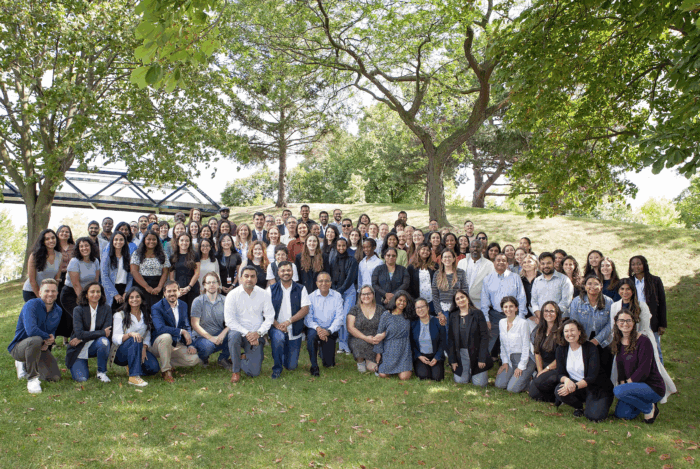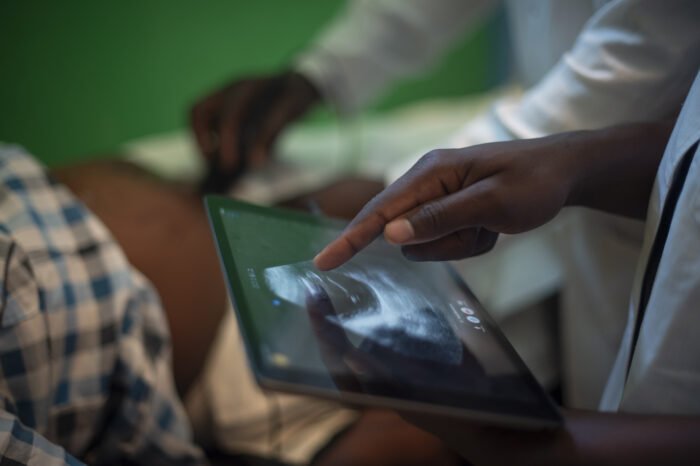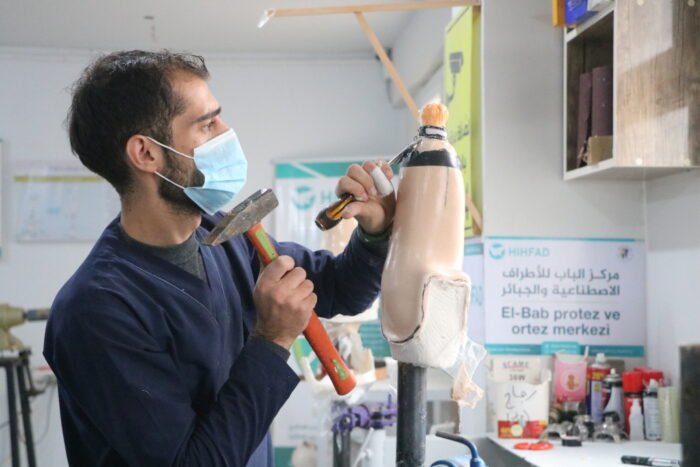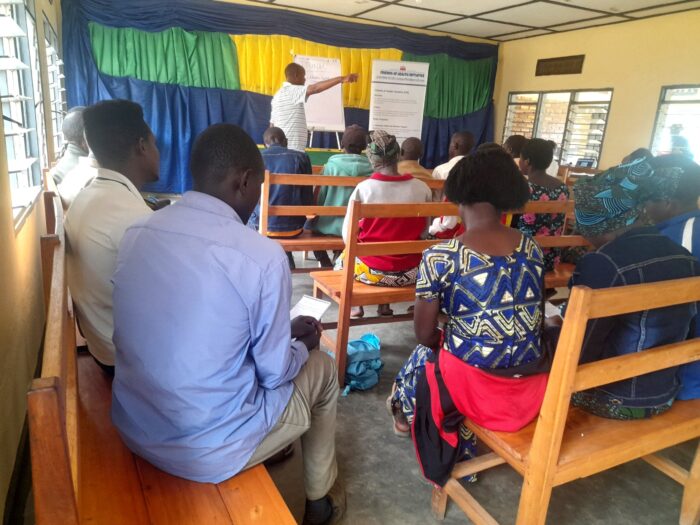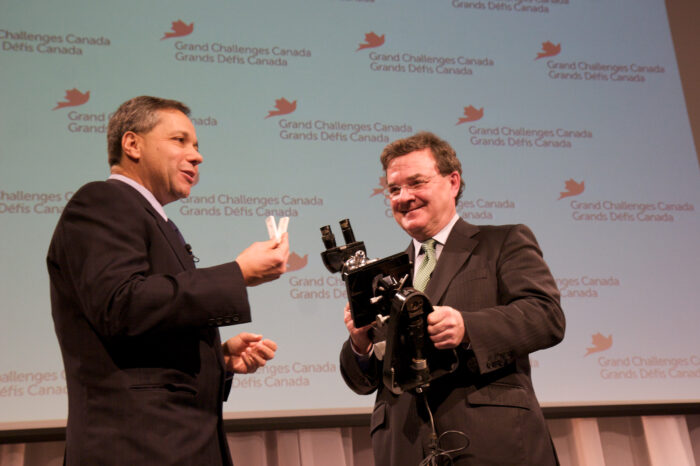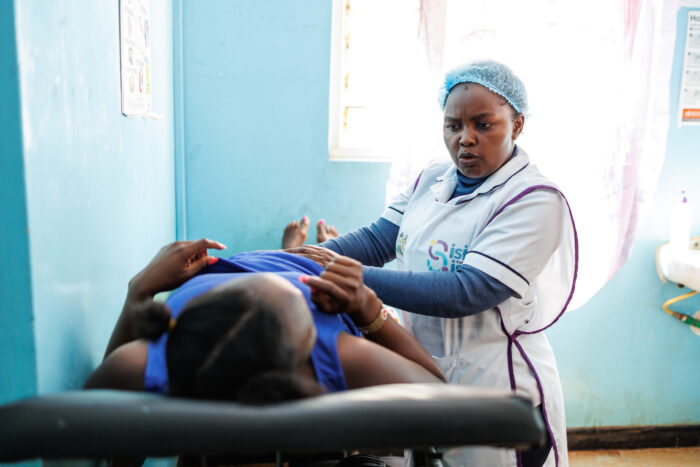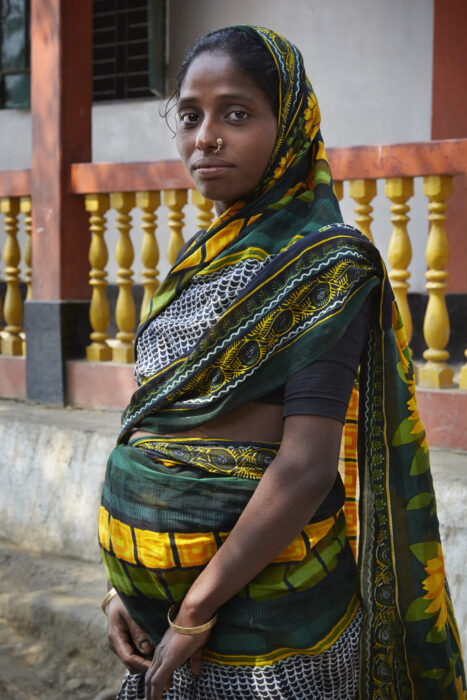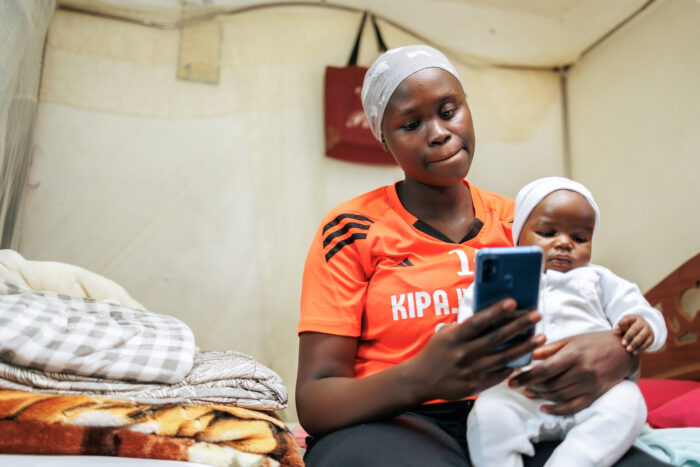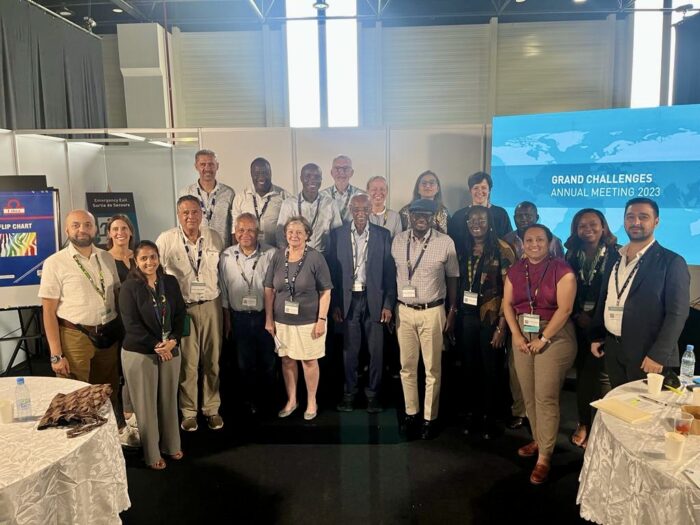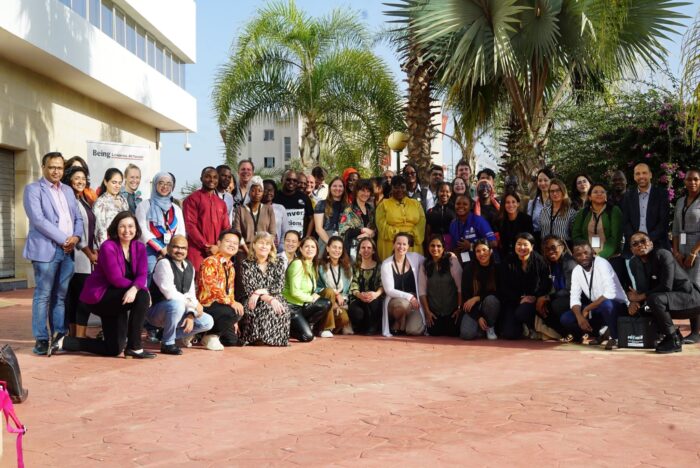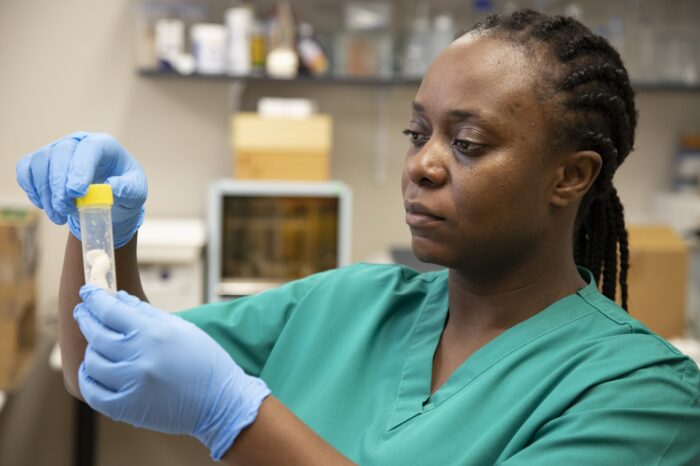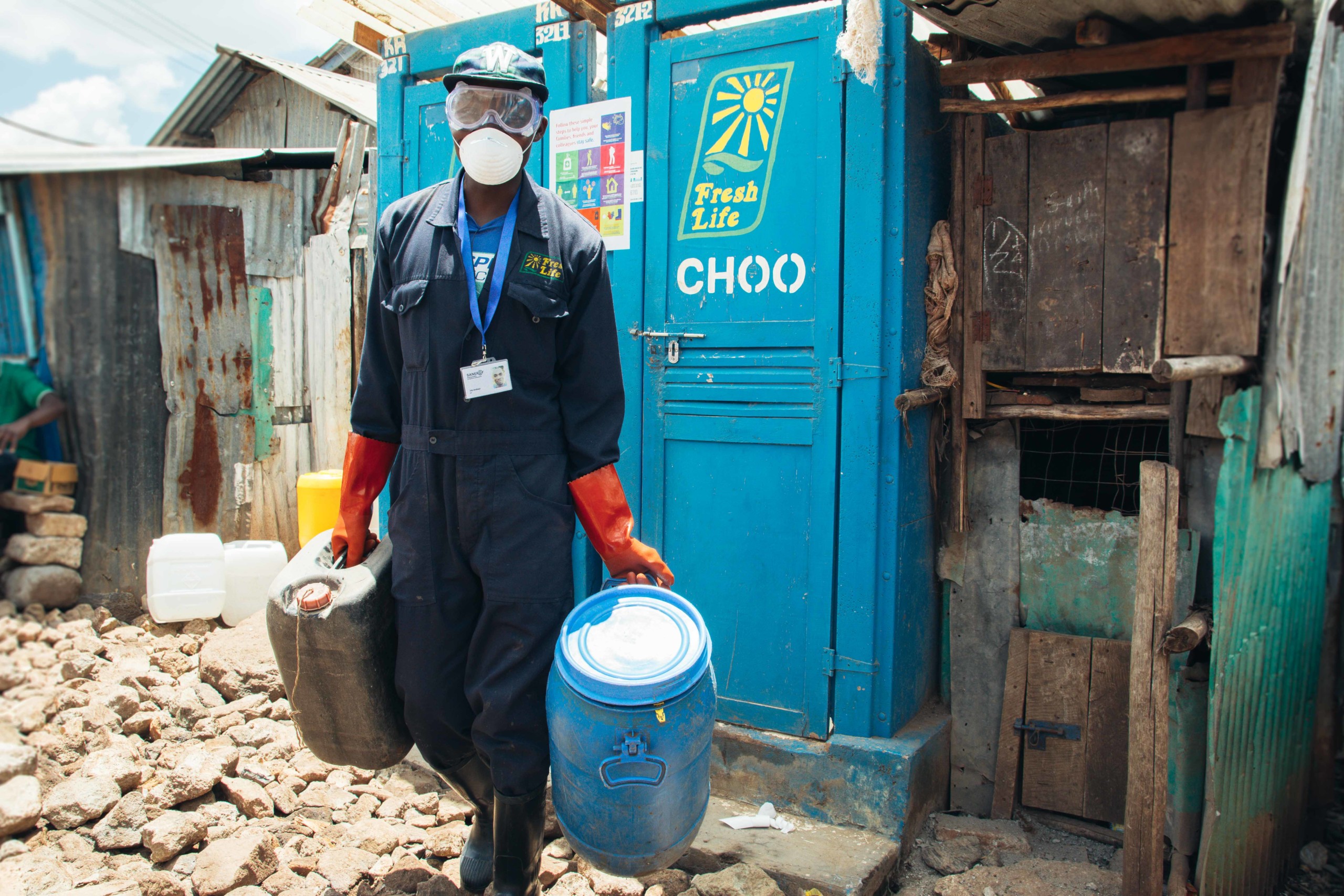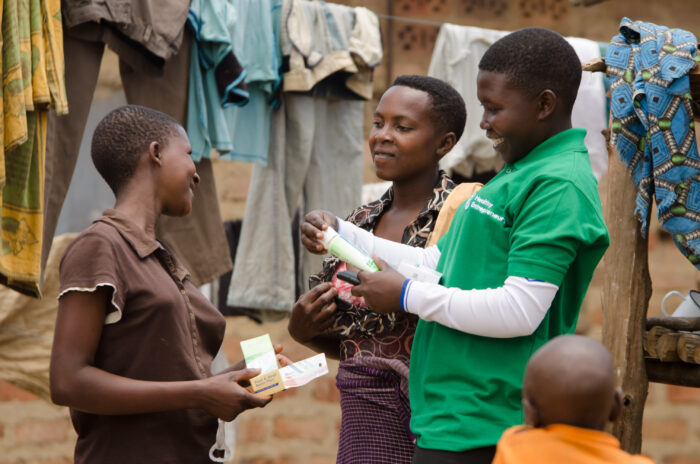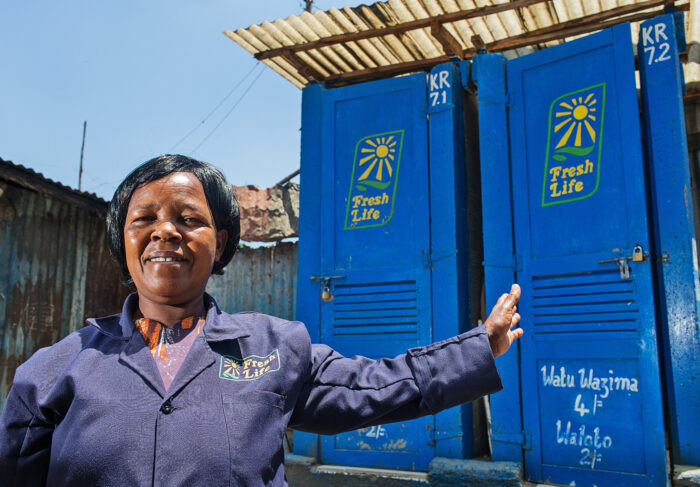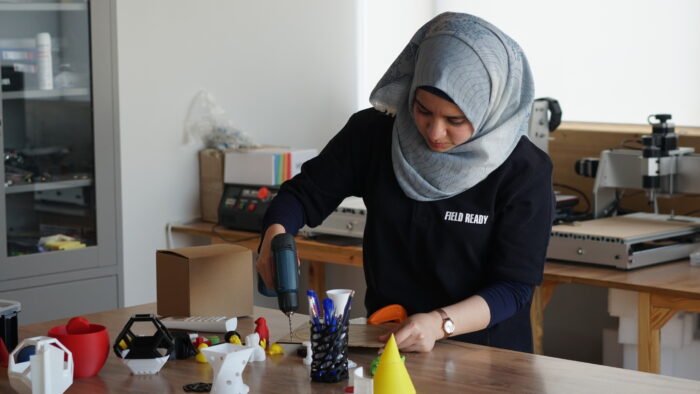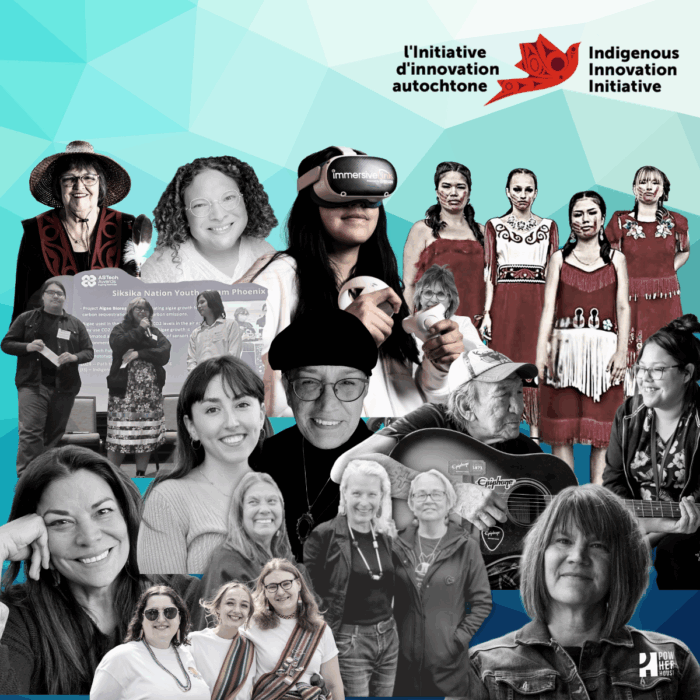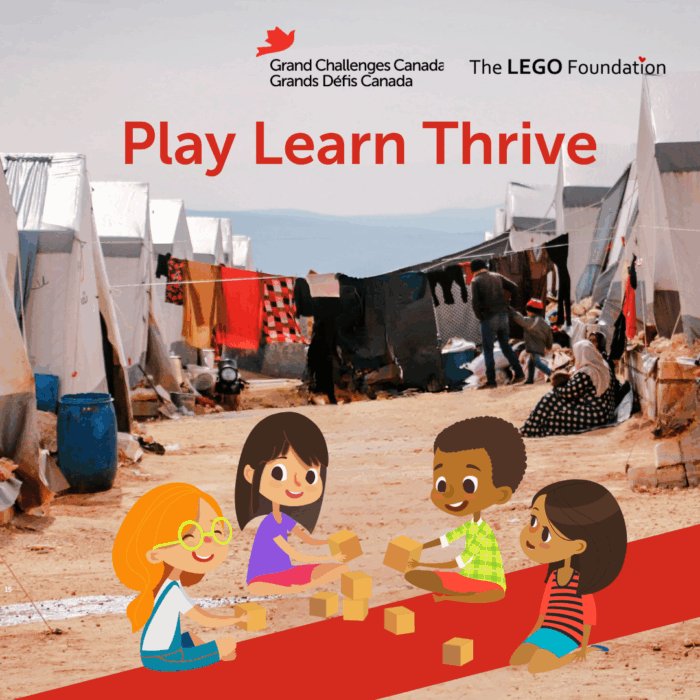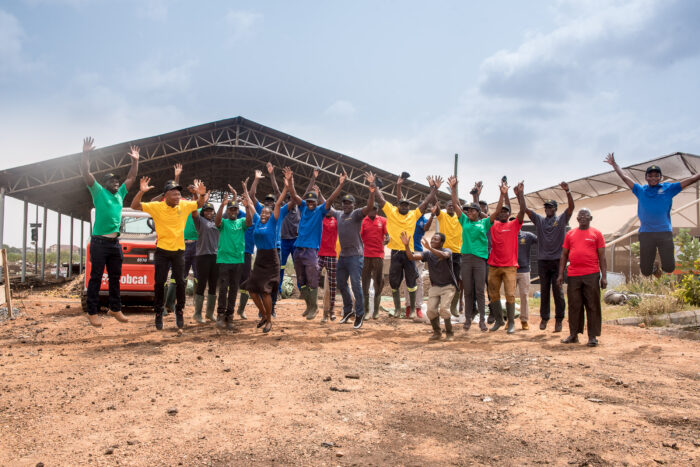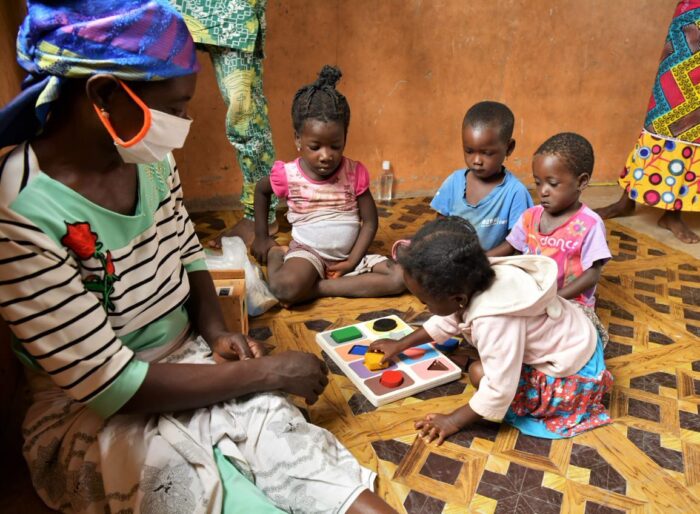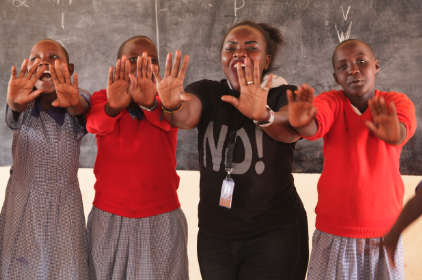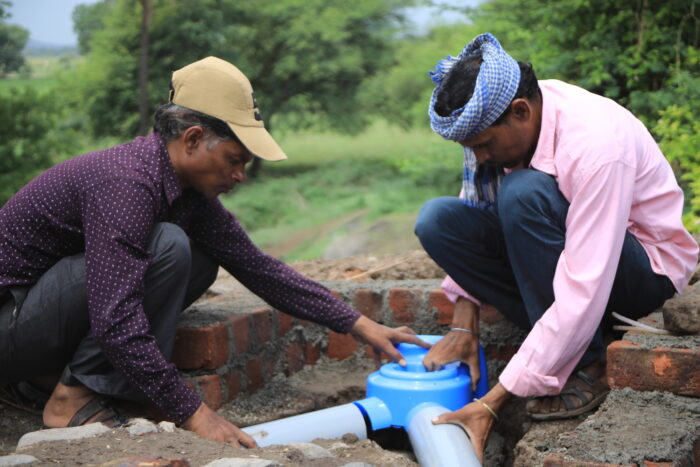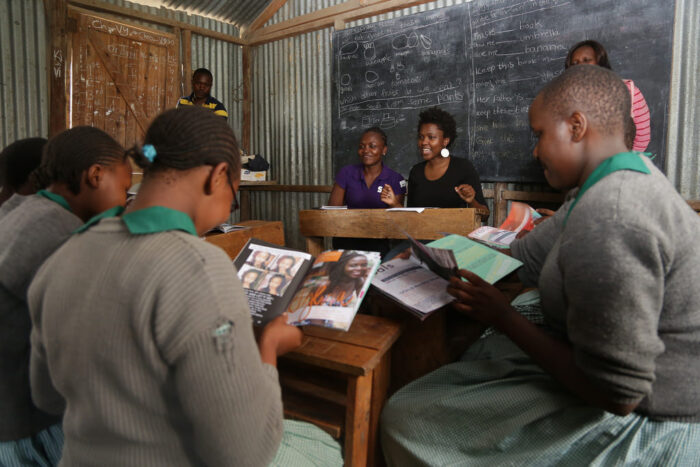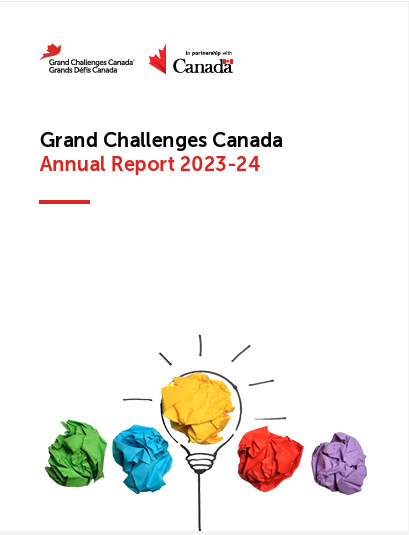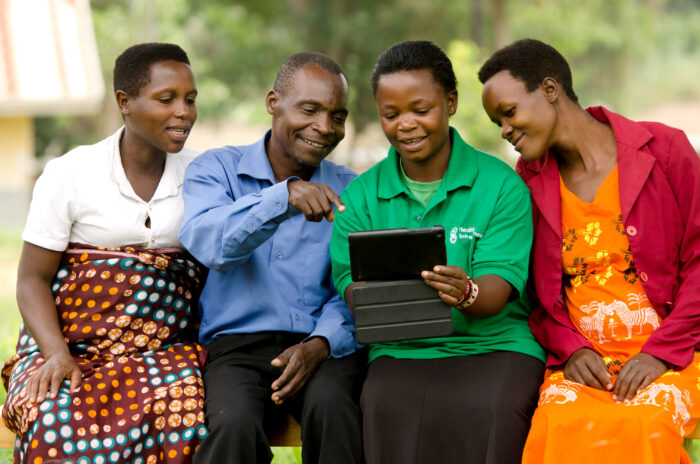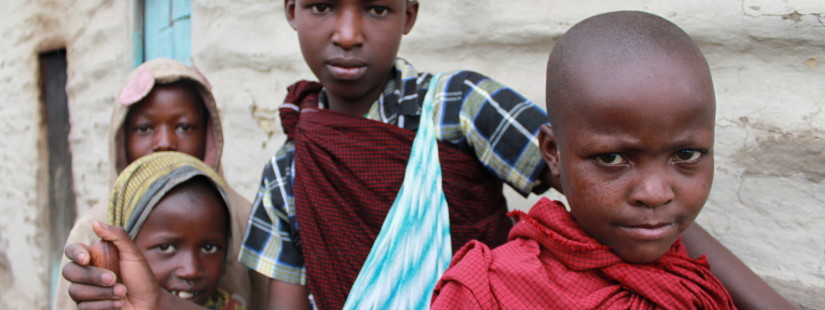Heather Gilberds is a Program Manager at Farm Radio International, overseeing an adolescent mental health program in Malawi and Tanzania. Heather is a doctoral candidate and lecturer in the School of Journalism and Communication at Carleton University, where she is conducting research on radio and ICTs, public health communication and impact evaluation in sub-Saharan Africa.
The “Integrated Approach to Addressing Youth Depression in Malawi and Tanzania” project, funded by Grand Challenges Canada’s Global Mental Health program, is an interesting collaboration between somewhat unlikely partners: Farm Radio International and Dr. Stan Kutcher, an international expert in adolescent psychiatry.
Farm Radio’s expertise is in radio based communication and mobile phone platforms. We typically work in the field of agriculture in programs to enhance uptake of a practice or technology by smallholder farmers across Africa. We have also been engaged in many projects focused on scale because of the nature of radio and mobile phones where you can reach a large number of people for a very low cost.
Dr. Kutcher has been instrumental in Canada and in many other counties in integrating mental health curriculum resources into secondary schools, and in training primary care providers to diagnose and treat mental disorders for adolescents. We combined all of these elements into an integrated program that we have rolled out in Malawi and Tanzania over the past 3 years.
Elements of the Program
The program consists of the following elements:
- A national weekly radio campaign in each country, broadcast on a select number of stations. The radio program includes a weekly serialized soap opera, call-ins with experts, quizzes and polls to assess uptake of knowledge, youth panels, debates and entertainment features.
- A school program that trains secondary school teachers on how to use a mental health curriculum in their classrooms, and trains peer educators to facilitate weekly “mental health clubs.” The mental health clubs also listen to the weekly radio program together. Teachers are also trained on basic cognitive behavioural therapy (CBT) and on referring health providers when necessary.
- Training frontline health workers in community clinics near the impact schools in screening for, diagnosing and treating adolescent depression.

Introduction to Policy
We began the project in central Malawi in 2012, and commenced the second phase in the Kiliminjaro region of Tanzania in 2014. Early on we faced some significant partnership challenges in Malawi which caused ruptures to our early relationship with key policy makers in the country. As a result we needed to think creatively from the outset about how to cement and improve relationships with key decision makers.
In Malawi, the Ministry of Health Non-Communicable Diseases unit had just released its most recent Mental Health Action Plan. The Plan included many activities that we planned to do as part of our Grand Challenges Canada-funded program. We seized this opportunity to become key implementing partners. Our champion was the assistant director of mental health services, Michael Udedi, a young, passionate and dedicated clinical medical officer who was just starting his career in the ministry.
We learned from our experience in Malawi to start building relationships with key policy makers in Tanzania. This was not an easy task and took a great deal of perserverance from our in-country staff. Our Tanzania program manager, Nderingo, tried tirelessly to get a meeting with the director of mental health services in the Ministry of Health, but the meetings were always cancelled at the last minute. He decided to sit outside the office of the director until he could get a meeting.
He waited for 8 hours the first day, 10 hours the second day and 6 hours the third day. He finally got a meeting. He met with the director, a senior bureaucrat in the Ministry of Health close to retirement age. When Nderingo described our project, the director’s eyes lit up. Tanzania was also in the process of revising their mental health action plan in 2014, and the director saw the opportunity to champion a project that could become his legacy before he retired.

Important Ingredients
In both cases, we had two very important ingredients:
- First, we had a champion. In Malawi, it is someone who was just starting his career. In Tanzania, it is someone who is ending his career. In both cases, the champion has a personal and quite instrumental motivation: to advance a career in the first case, and to leave a legacy in the second.
- The second ingredient, we had windows of opportunity: Both countries were revising or implementing new mental health action plans, without a strong sense of how to carry out the activities that the action plans had committed to doing.
Despite these two very fortunate ingredients in both countries, it still wasn’t easy. Effective policy engagement was an ongoing and iterative process. We continually needed to make adjustments, to engage policy makers in the process of implementation, and to make our champions effectively work alongside us as partners. We frequently involved policy makers in carrying out the activities across all of the three segments of our program:
- In the radio campaign, policy makers were invited to review the drama scripts, and to sit on national advisory committees that meet quarterly to review the radio program and give suggestions.
- For the school program, policy makers sat on the adaptation review committees for the school curriculum, and helped determine the training methodology.
- For the health provider training, Ministry of Health representatives were trained as Master Facilitators and helped us select the health centers and health workers that would undergo the training program.
Policy Uptake
In both countries, policy makers were not just people who gave us research clearance or allowed us to work without barriers. They were crucial implementing partners, involved in every aspect of the program from designing the media strategy to participating in training. They felt a sense of ownership over the program; they felt empowered to champion the issue in their ministries.
As a result of these actions, we have had a fair bit of policy uptake. Fluoxetine is an important antidepressant listed on the World Health Organization’s Model List of Essential Medicines. However, in both countries, fluoxetine was not available at the district level for treatment of adolescent depression.
In Malawi, our champion revised the treatment guidelines to force districts to procure fluoxetine from the central medical store. In Tanzania, our champion has managed to get fluoxetine added to a new essential medicines list that is currently under review, the first step in ensuring it is available free of charge.
Both countries are revising their mental health strategies in 2016 and have invited Dr. Kutcher to sit on the advisory committees to ensure that adolescent mental health is prioritized. These are no small feats.

Summary
To summarize, five key reasons why we were able to achieve the support of policy makers and influence policy decisions:
- We had good access to key decision makers in both countries.
- We found champions within the ministries. The key to this is that both champions have a vested and personal interest in the project. We empowered the champions to take ownership of certain elements of implementation.
- We continually provided evidence: champions could not get support from higher ups without evidence. Giving evidence of success on an ongoing basis throughout the life of the project gave them the ammunition to be successful champions.
- Serendipity or luck : Windows of opportunity existed in each country to participate in revision of mental health policies and action plans.
- We had a built-in advocacy tool with the radio program: the radio program is not only a tool to improve knowledge and attitudes, but is a platform for young people to advocate for better mental health services. The scale of this platform ensured policy makers sat up and listened. As a result they are ensuring there are separate provisions for youth in their revised policies and plans.
For tools to develop policy influence and engagement strategies, see the Global Mental Health Policy Influence Toolkit from ODI and the Mental Health Innovation Network.
To learn more about Farm Radio International, visit their project page, website and follow them on Facebook and Twitter.
We encourage you to post your questions and comments about this blog post on our Facebook page Grand Challenges Canada and on Twitter @gchallenges.
